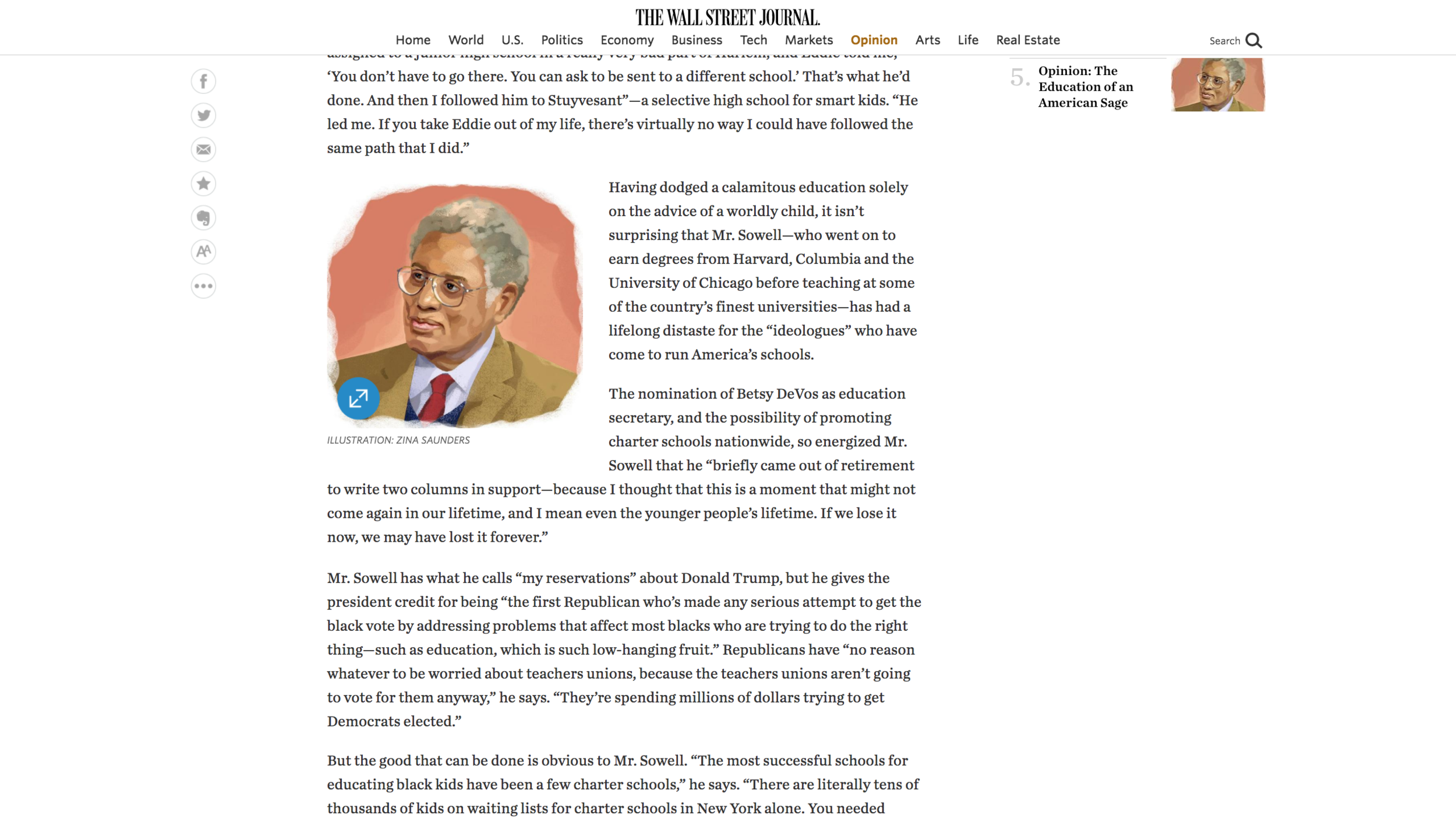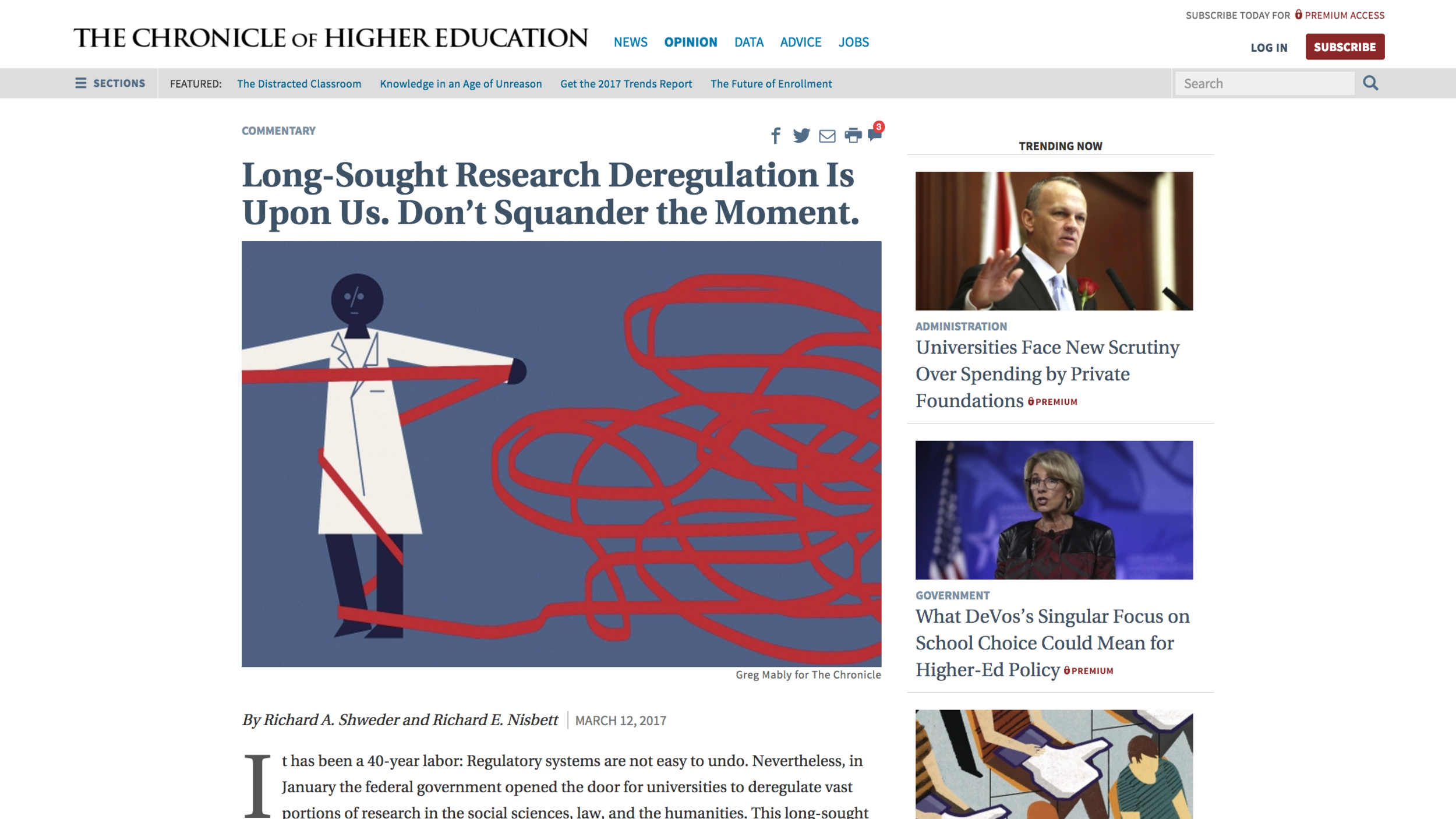Introduction
In economic theory, the trinity of preferences, technology and the structure of strategic interactions (including information structures) generates economic behavior, while this trinity plus chance generates economic outcomes. A deep understanding of Economics requires answer to the three origin questions: “What determines the level of technology?” “What determines the structure of strategic interactions?” and “How are preferences determined?” In this paper, we address one dimension of this third question about the determinants of preferences, focusing on those aspects of preferences associated with religion.
To the extent that preferences are determined by nature and genetics, questions about the origin of preferences border on Evolutionary Psychology. On the other hand, to the extent that preferences depend on nurture and culture, questions about the origin of preferences border on Developmental Psychology and Sociology. Sociologists often use the term “values” where economists would use the term “preferences.” (We will use the terms interchangeably.) Among the dimensions of preferences determined primarily by nurture and culture, those associated with religion bulk large in importance.[1] Emphasizing the Economics literature, and to a lesser extent the Sociology literature, religiosity and religious affiliation have been related, among other things, to education (Freeman, 1986; Claudia Goldin and Lawrence Katz, 1999; Lehrer, 2004; Kraig Beyerlein, 2004), employment and work hours (Richard Freeman, 1986) wages, income and wealth accumulation (Claudia Goldin and Lawrence Katz, 2000; Lisa Keister, 2003; Evelyn Lehrer, 2004a,b); mate choice, cohabitation, marital stability, fertility and female labor force participation (Thornton et al 2007; Lehrer, 2004a; Charles Manski and Joram Mayshar, 2002); intergenerational transfers (Scott Myers, 2004), tobacco use (Frank Chaloupka, Michael Grossman and John Tauras, 1997; Chaloupka and Grossman, 1997; Tauras and Chaloupka, 1999), alcohol use (Rosalie Pacula, 1998), substance abuse and other types of social deviance (Freeman, 1986; Pacula et al., 2000; Richard Gorsuch, 1995), suicide (Emile Durkheim, 1897), child abuse (Sara Markowitz and Grossman, 1996), physical and mental health (David Williams, et al. 1991; Valerie Dull and Laurie Skokan, 1995; W. Larry Ventis, 1995; Christopher Ellison, 1998; Jeffrey Levin and Robert Taylor, 1998), subjective well-being (David Blanchflower and Andrew Oswald, 1997; Jeffrey Levin and Robert Taylor, 1998), organ donation (Naci Mocan and Erdal Tekin, 2005), work ethic (Robert Barro and Rachel McCleary, 2006), trust, attitudes about lawbreaking and about the fairness of the market (Luigi Guiso, Paola Sapienza and Luigi Zingales, 2002, 2006), political differences (Edward L. Glaeser and Bryce Ward, 2005) and the preferences reflected in the individually assessed importance of recognition, ambition, accomplishment, being capable, comfort, pleasure, excitement, personal independence, intellectuality, being logical, freedom, peace, beauty, helpfulness, forgiveness, lovingness, honesty, salvation, obedience, and security (Shalom Shwartz and Sipke Huismans, 1995). We include in this list analyses that treated religiosity or religious affiliation as control variables, rather than as the main subject of analysis, as long as they found statistically significant effects of religiosity or religious affiliation. It should also be noted that religiosity and religious affiliation are often associated with preferences for mystical experience and notional supernatural goods (Rodney Stark and William Bainbridge, 1987).
There have been a number of serious efforts to identify the causal effects of religiosity and religious affiliation. Jonathan Gruber (2005) uses the local density of other ethnic groups that share an individual’s religion as an instrument for religiosity. He finds that the additional religiosity due to higher market density of one’s own religion leads on average to “higher levels of education and income, lower levels of welfare receipt, higher levels of marriage, and lower levels of divorce.” Robert Barro and Rachel McCleary (2002, 2003) use differences across countries in the presence of a state religion, state regulation of religion, a measure of religious pluralism and religious composition as instruments for church attendance and belief in an afterlife. They find that in the dimensions scoped out by the instruments, economic growth depends on the extent of believing in an afterlife relative to the level of religious attendance.[2]
One possible definition of religion could be that religion is the process by which human beings determine what their ultimate values are, to the extent that those ultimate values go beyond what are determined genetically. In other words, it would not be entirely unreasonable to define religion as the cultural component of the determination of preferences. However, this definition, by itself, is too broad for our purposes, since it does not explain the difference visible in observed behavior between those individuals with high levels of religiosity and those with low levels of religiosity.
For our purposes, the view of religion given by Durkheim (1915) provides a helpful perspective. Durkheim argues that religions are functional organizations that use striking ideas to foster collective action and the interests of the religious community as a community, including influence over both daily interactions among members and relationships with those outside. This view has been taken up more recently by the evolutionary theorist David Sloan Wilson (2002).
Concepts from biological evolutionary theory can be helpful even in studying Cultural Evolution. For example, even preferences determined primarily by nurture and culture are subject to demographic selection pressure as potential parents with certain characteristics have more children than those with other characteristics, and raise them to have somewhat similar characteristics. In the case of religious preferences, based on the positive relationship between religiosity and fertility, it is clear that for at least the last century, demographic selection pressure toward the preferences of especially prolific parents would operate in the direction of greater religiosity. Indeed, this is one of the key forces helping to maintain a high level of religiosity in the United States.
Nevertheless, there have been periods of pronounced secularization in Europe and a relative steadiness in the United States of the overall level of religiosity even in the face of demographic pressure toward greater religiosity that suggests the existence of other important influences on religious preferences beyond parental influences. In this paper, we focus our empirical sights on one prime suspect: the influence of the college experience--which is often the first time people are separated from their parents for an extended period of time. Among nonparental influences on preferences, the college experience is one for which there is real hope of getting some statistical power from micro-data, as opposed to trying to look at unrepeatable macro shocks.
Human mortality guarantees that the fate of civilizations and cultures depends on how ideas are transmitted from one generation to the next. In the last few centuries, formal education has played an increasingly important role in this intergenerational transmission of ideas. One of the key aspects of higher education is that it comes at an age when students are able to compare and contrast a variety of streams of thought and to begin to forge their own individual worldviews out of these various streams of thought. How an idea fares at this nexus can have an important bearing on the degree of influence an idea will have in the culture. Indeed, in countries like the United States, the large fraction of the total population that attends college makes it possible to talk about mass intellectual culture---intellectual culture that is not the property of a few elites, but affects a large swath of society.
A great deal of research has found that college majors exhibit important correlations with values.[3] One possible explanation is that students in different majors are exposed to strikingly different sets of ideas (not only from formal instruction but also from the extra time they spend with peers in the same major.) Another possible explanation is that students with different values sort differentially into different majors. We are interested in studying how the specific contents of the curriculum a student is exposed to (along with classmates) affect students’ values during these formative years, carefully distinguishing these effects from patterns of selection into majors. To give a focus to these questions, we consider the effects of different college experiences on religiosity an appropriate place to start.
Bruce Sacerdote and Edward Glaeser (2001) document some of the effects of education on religiosity overall. They find that the effects are very different in different countries, which they conjecture is due to the different content of education in different countries. They use the following example: “Socialist countries appear to use the power of the state over education to quash religious beliefs. We interpret this as suggesting that the education-religion connection is not intrinsic but rather a function of curriculum design and the objectives of those who control education.” We argue that even within a single university, the curriculum and the objectives of those controlling it can be very different in different departments.
We hypothesize that students in college are confronted to varying degrees with at least three powerful streams of thought that bear on attitudes toward religion: Science, Developmentalism and Postmodernism. Science--or Scientism, to emphasize the worldview aspect--consists primarily of a commitment to truth, the scientific method and to an open-ended responsiveness to evidence. The pursuit of the scientific method has led to a particular picture of the universe that has important implications for religion. Developmentalism consists primarily of a commitment to freedom and to progress. Although these ideas are widely shared by Americans, many do not know the intellectual arguments that have historically undergirded the conviction of the importance of freedom and progress. Postmodernism consists primarily of a commitment to relativism and to the idea that truth and morality are not absolute but are determined by those who are powerful.
Each of these three streams of thought could interact in important ways with religious attitudes and values. For example, it seems reasonable to suppose that Science insists that religious beliefs be amenable to evidence. Developmentalism influences people toward optimistic rather than pessimistic religious attitudes and causes a focus on the practical benefits of religion as opposed to its other-worldly benefits alone. As for Postmodernism, a typical undergraduate might experience Postmodernism’s commitment to relativism as hostile to religious claims to truth. (Postmodernism’s commitment to relativism is also sometimes antagonistic to scientific claims to truth.) We return to a discussion of these tensions with religion in the following section.
College majors differ in important ways in the extent to which each major incorporates each stream of thought. The Humanities and some of the Social Sciences typically have a strong Postmodernist content. The Natural Sciences have a strong Scientist content. Economics and Business typically have a strong Developmentalist content. The different ideational content of different majors makes it possible to test at a practical level the three hypotheses that Postmodernism, Science and Developmentalism have a negative effect on religiosity by relating college major to religious attitudes, as well as attitudes toward science and relativism, one can see if the effects of these three streams of thought are as we hypothesize. Of course, while studying the effects of these three streams of thought motivates our analysis, studying the effects of different college majors on religiosity should be of interest even for those who have a different assessment of the ideational content of various college majors.
[1] Given the limitations of our data, we will not be able to separate differences in religious preferences from differences in religious beliefs, so we will not emphasize this distinction and treat religious differences as a matter of preferences. In terms of effects on choices, there is a high degree of substitutability between differences in religious beliefs and differences in religious preferences. It is likely, though, that the cognitive or belief element of religious differences is particularly susceptible to being affected by education. Thus, a deep microtheoretical explanation of how the mechanisms we identify in this paper operate would require one to deal more fully with the beliefs/preferences distinction in a religious context. Such a micro-theoretical explanation of how people’s religious beliefs and preferences are altered is beyond the scope of this paper; the job we have taken on is attempting to identify some of the effects that would need to be explained by such a theory.
James Montgomery (1996) discusses the issue of whether religious differences are matters of belief or matters of preferences. He argues that, to the extent religious beliefs are not governed by common knowledge and Bayesian updating, that the distinction is not as central a theoretical distinction as it is in areas where beliefs are governed by common knowledge (at some point), plus Bayesian updating (perhaps with private information). Although a Bayesian approach can be quite useful in judging religious beliefs within a culture that admits only a few different possible religious beliefs, in general it faces the difficulty that it would be almost impossible to specify a reasonable prior probability distribution over all possible structures of ultimate reality. Even in scientific contexts, the difficult of specifying an adequate prior probability distribution over all possible structures of ultimate reality is an important argument for Frequentists in their ongoing argument with strict Bayesians.
Pascal’s Wager (see the Stanford Encyclopedia of Philosophy) is a good illustration of how easily preferences and probability can get mixed up in a religious context. Pascal’s Wager is the (still often influential) argument that one should believe in God because the cost of believing in God if in fact there is no God is small, while the cost of not believing in God if in fact there isa God is large. Note how this argument assumes one can and should choose optimal beliefs rather than using Bayesian updating and in its simplest statement assumes a prior with only two major possibilities for the structure of ultimate reality.
[2] They argue as follows: “These results accord with a perspective in which religious beliefs influence individual traits that enhance economic performance. The beliefs are, in turn, the principal output of the religion sector, and church attendance measures the inputs to this sector. Hence, for given beliefs, more church attendance signifies more resources used up by the religion sector.
[3] See for example Newcomb (1943), Newcomb et al. (1967), Thistlethwaite (1973), Duff and Cotgrove (1982), Biddle et al. (1990), Alwin et al. (1991), Easterlin and Crimmins (1991), Jennings (1993), Easterlin (1995), Hogner (1996), Kolenko et al. (1996), Zlotkowski (1996), Ethington and Wolfle (1988) Guimond (1999), Ridener (1999), Shiarella and McCarthy (2000), Leppel et al. (2001), Hodgkinson and Innes (2001), Sidanius et al. (2003), and Bécares and Turner (2004), Kimball, Mitchell, Thornton and Young De-Marco (2005).














